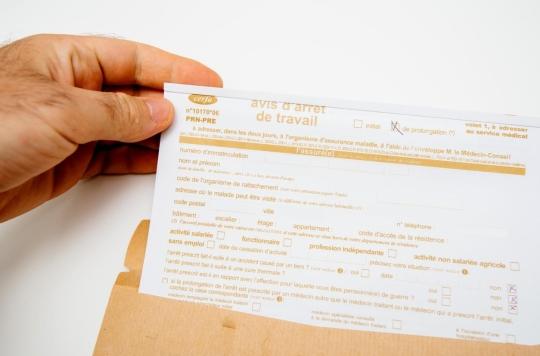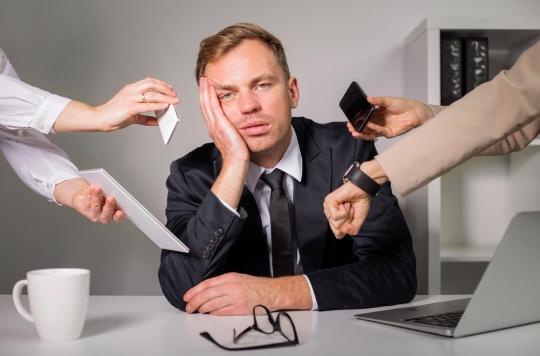A study reveals how people who have embarked on entrepreneurship are less exposed to the burnout syndrome than employees.

- Too much work, low rewards, a lack of fairness or even contradictory demands can cause burnout.
- The manifestations of burnout can be emotional (feeling of helplessness, loss of self-confidence, etc.), cognitive (difficulty concentrating, indecision, etc.), physical (generalized fatigue, headaches, etc.), behavioral ( withdrawal, isolation, aggressiveness…) and motivational (disengagement…).
In general, freelancers are portrayed as workaholics, who devote more time and energy to their work than employees. To manage their business, they remain active, even outside normal working hours. However, contrary to what one might think, auto-entrepreneurs are less likely to suffer from burnout than employees. This is the conclusion of a study published in the journal Journal of Business Ventures.
As part of this work, an international team of researchers followed 348 auto-entrepreneurs and 1,002 employees over a period of up to six months. They were interviewed before the pandemic. According to the results, self-employed people are less likely to burn out. To find out their secret, scientists looked at the main mechanisms associated with burnout and work engagement.
Burn-out: “fewer daily stressors” for self-employed people
“The work of self-employed people seems to entail fewer day-to-day stressors, such as work pressure, time pressure and administrative tasks. In addition, entrepreneurship offers a high degree of autonomy. All of this leads to a positive psychological return on the investment that self-employed people make. As a result, their work not only gives them more energy and a more positive state of mind than employees on average, but they are also happier and more satisfied with their work, explained Martin Obschonka, author of the research, in a statement.
The risk of burnout increases when they hire employees
According to the team, self-employed entrepreneurs with a sole proprietorship, that is to say without employees, seem to run less risk of suffering from burnout. However, if they expand their business and hire more employees, their likelihood of burning out increases. “If we can maximize the psychological utility of working as an entrepreneur, it promises not only personal benefits in the entrepreneurial sector, but also, more broadly, the development of healthy, motivated and well-paid entrepreneurs who run their business , collectively generating wider social and economic benefits”, concluded Martin Obschonka.


















